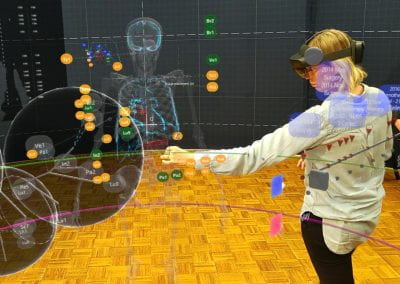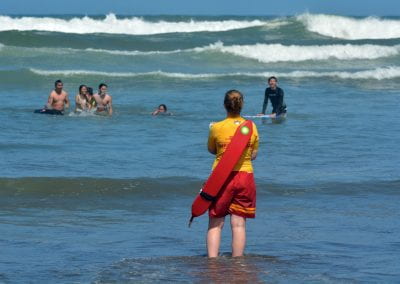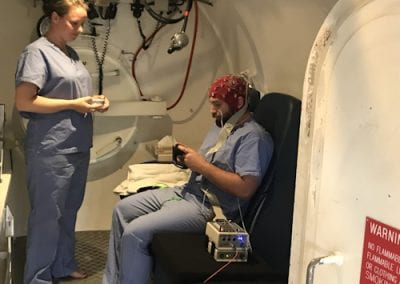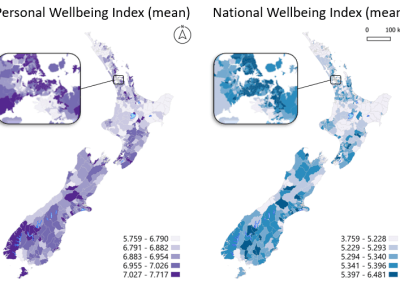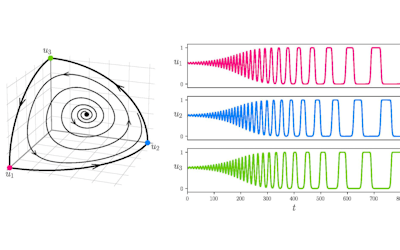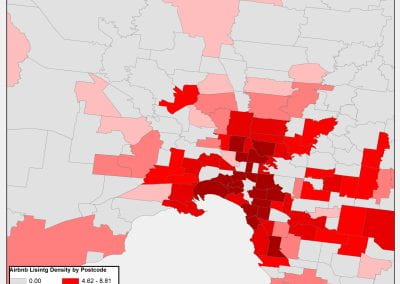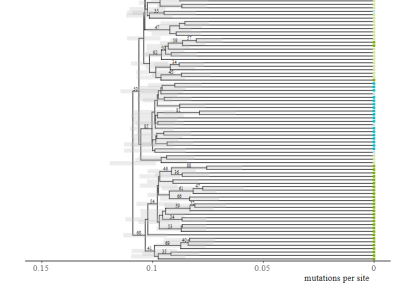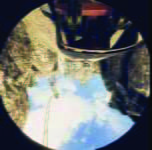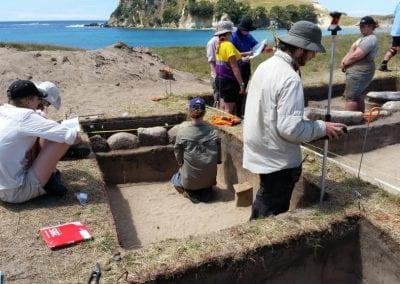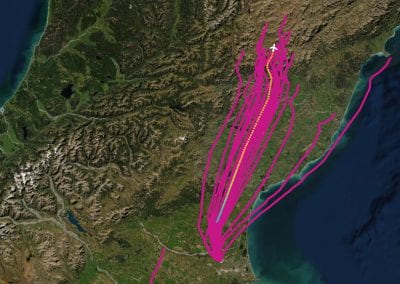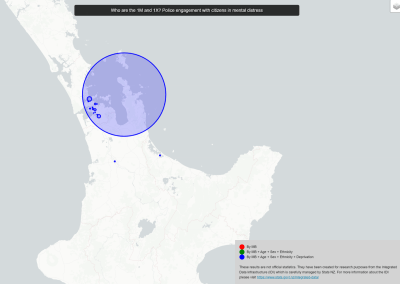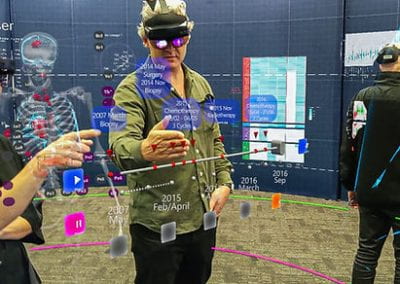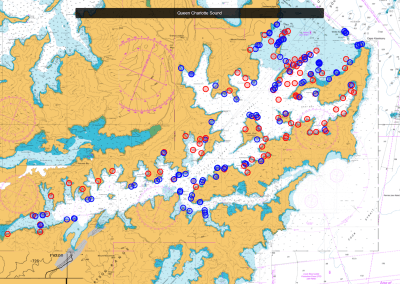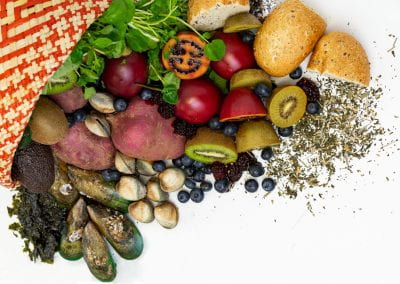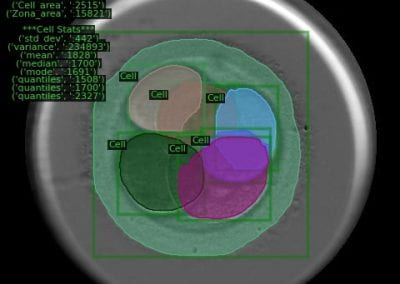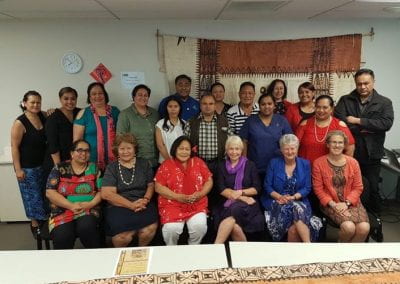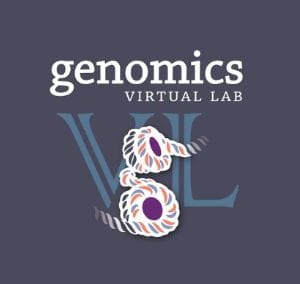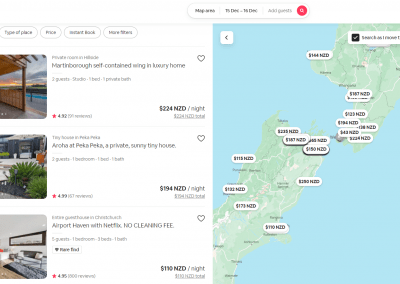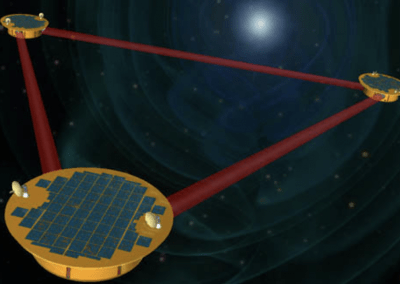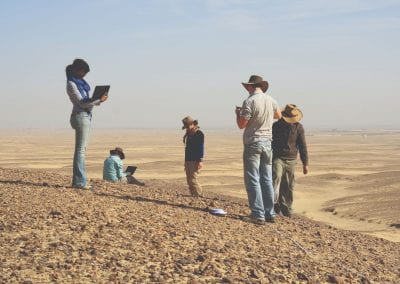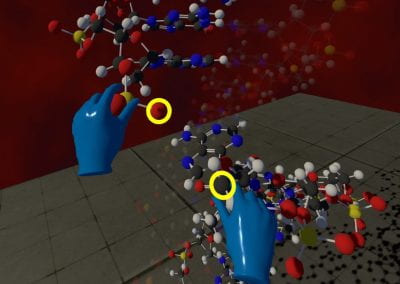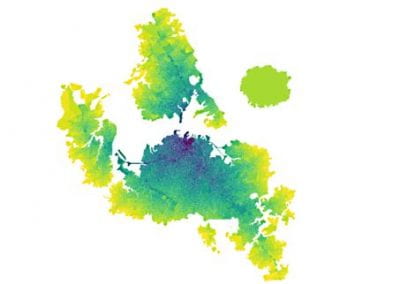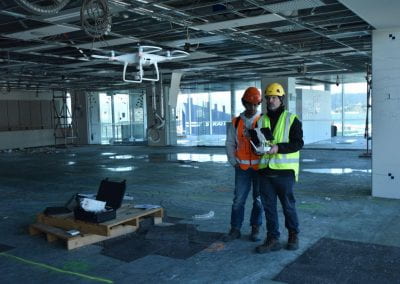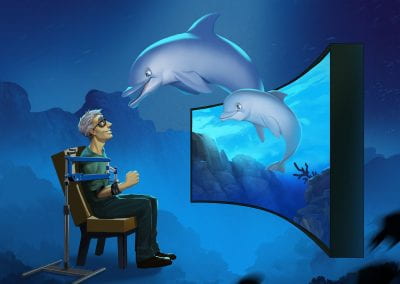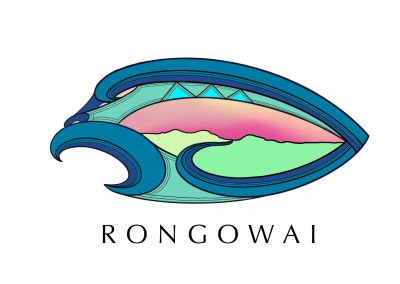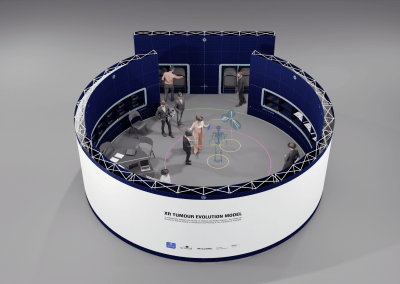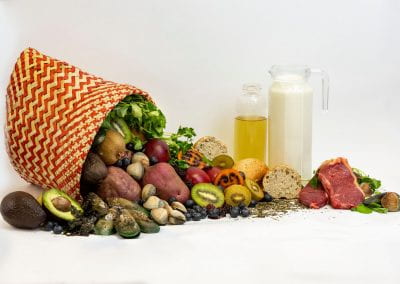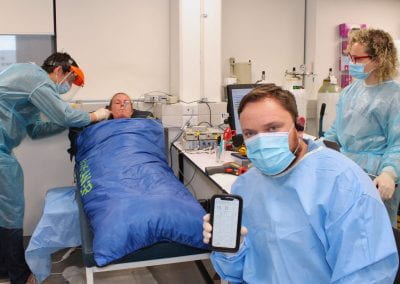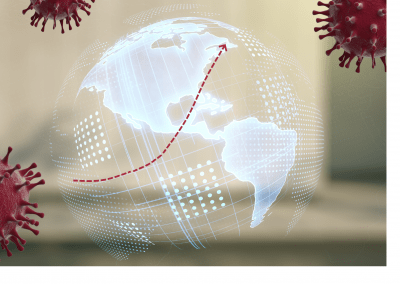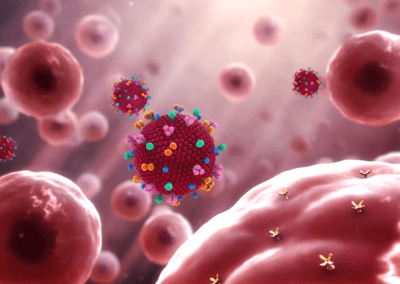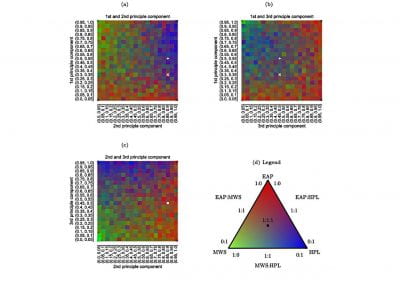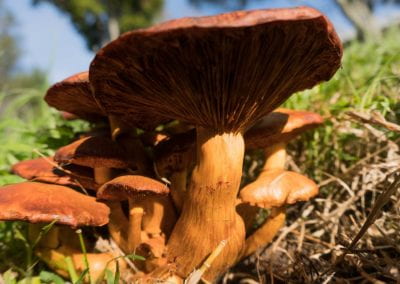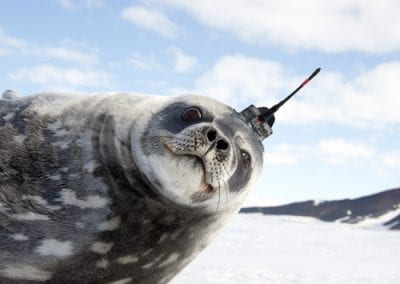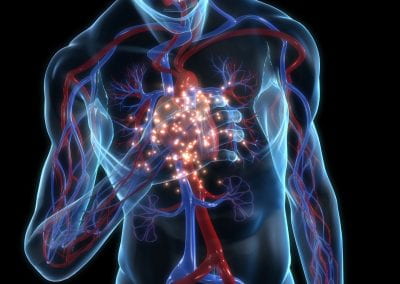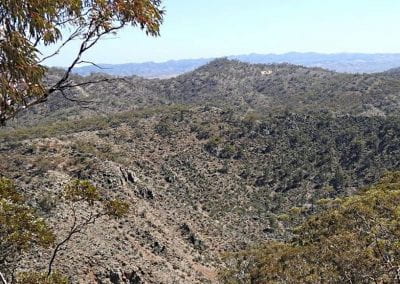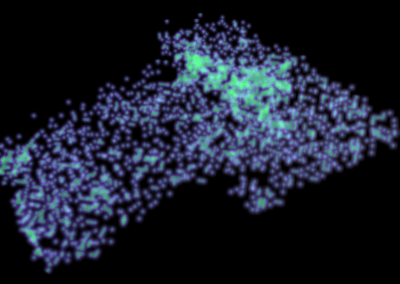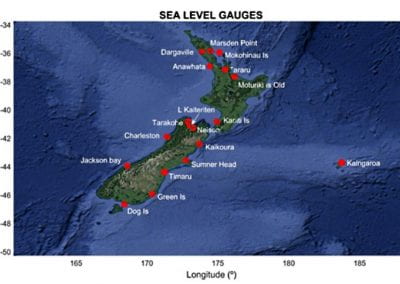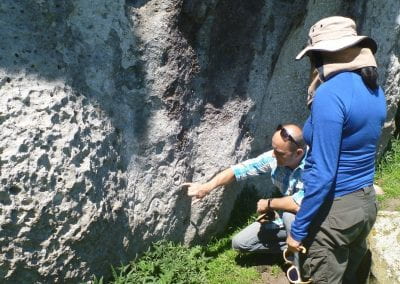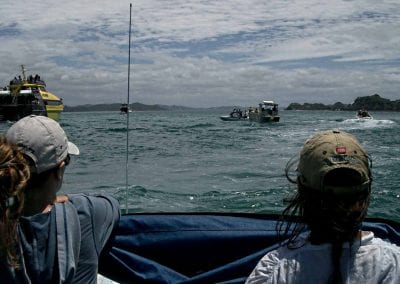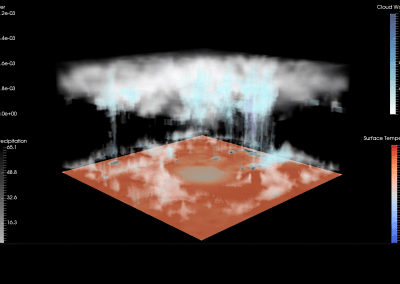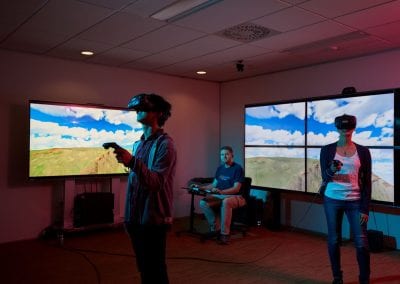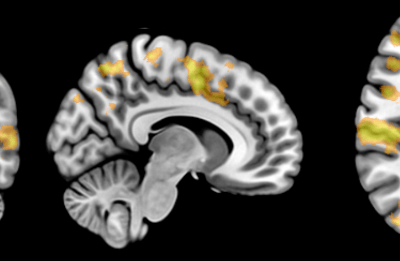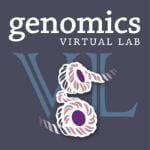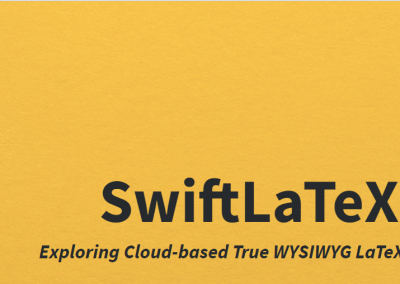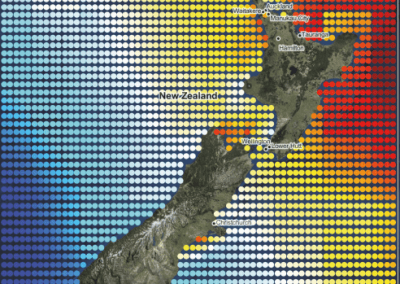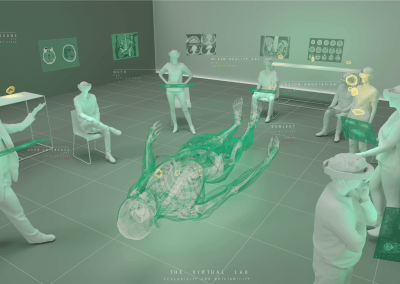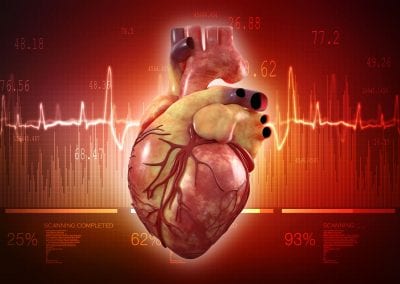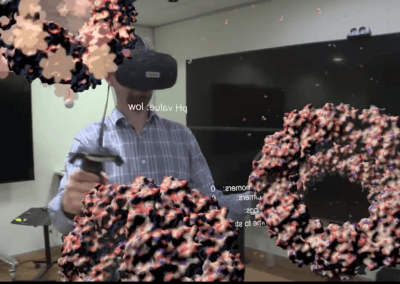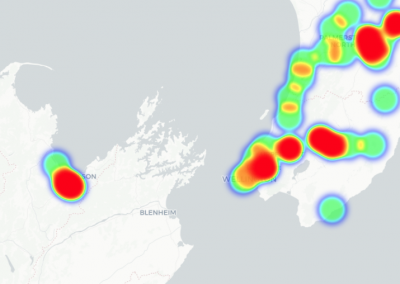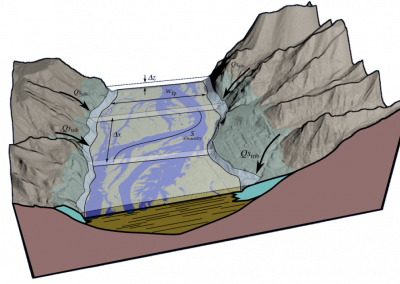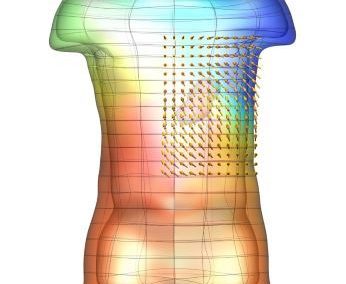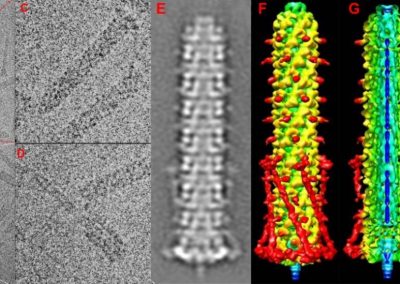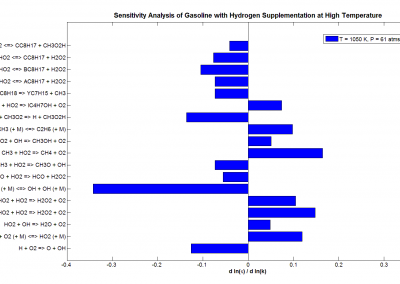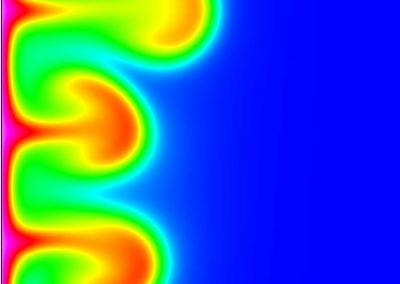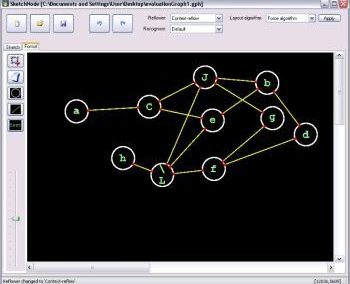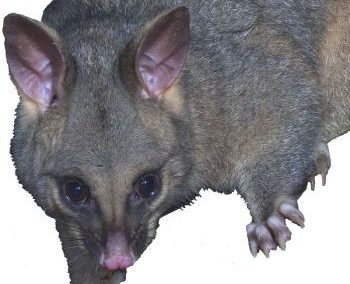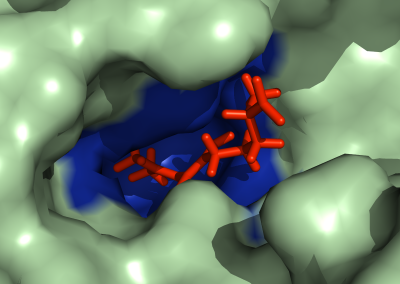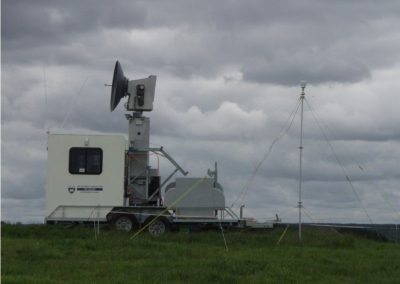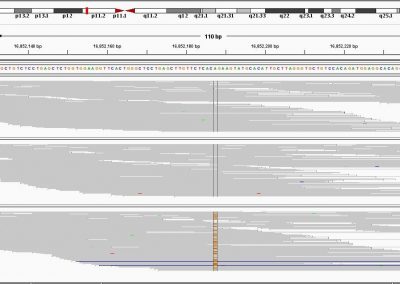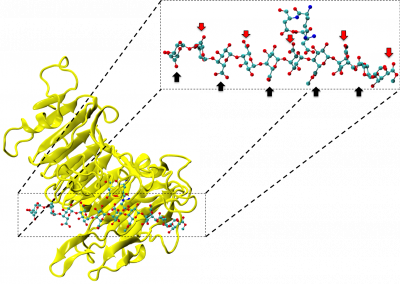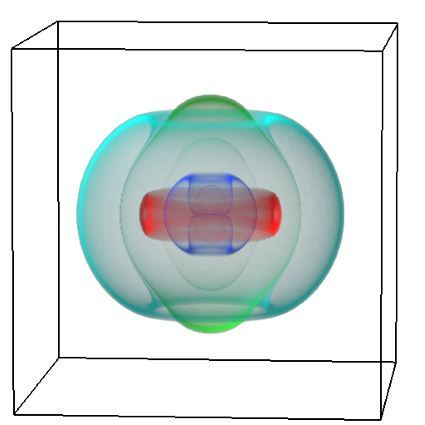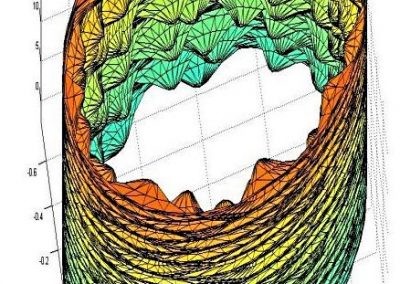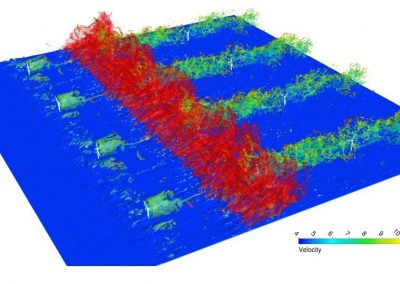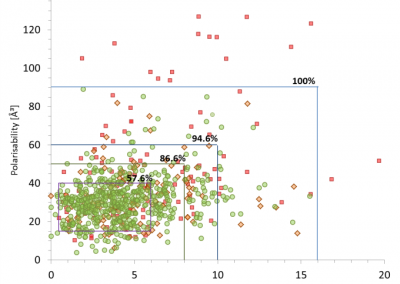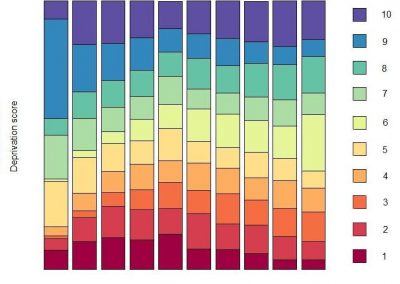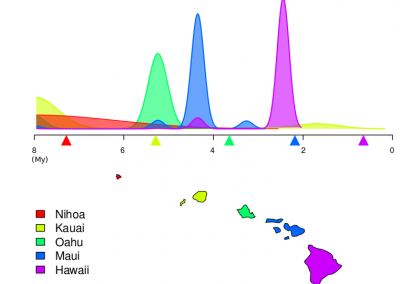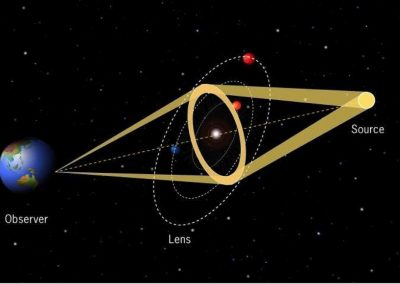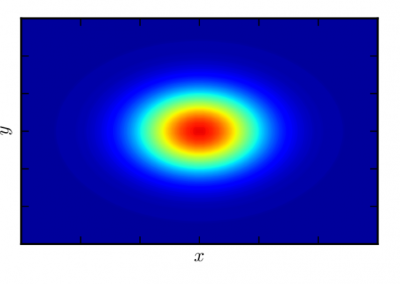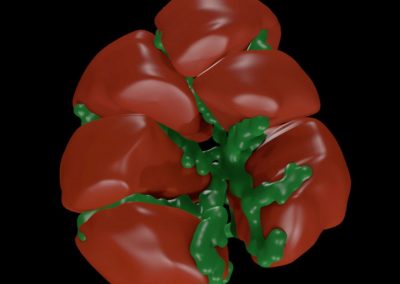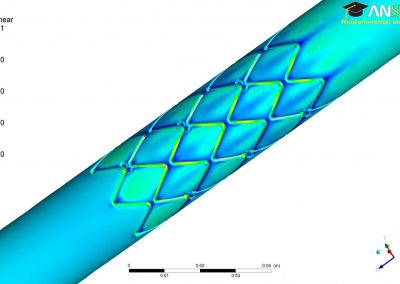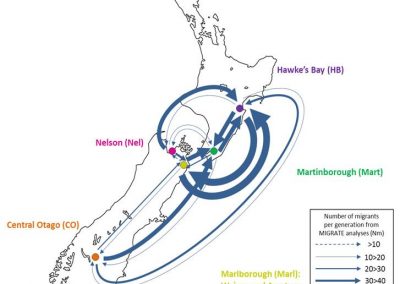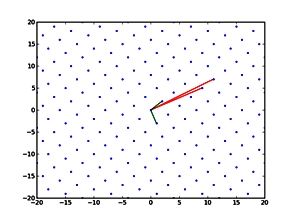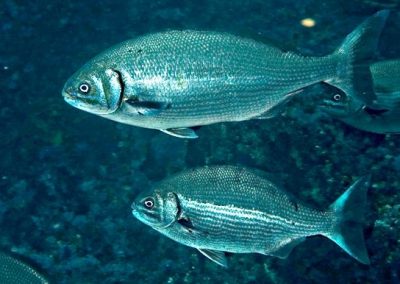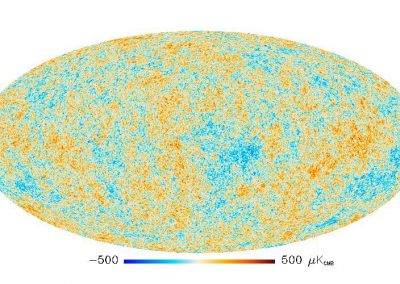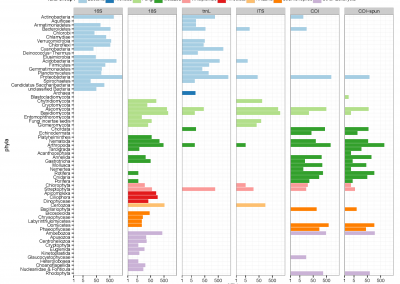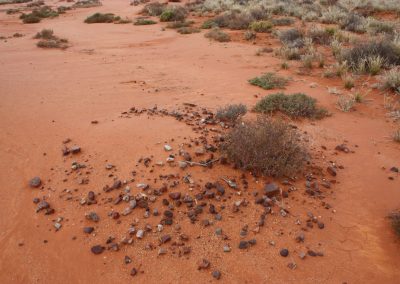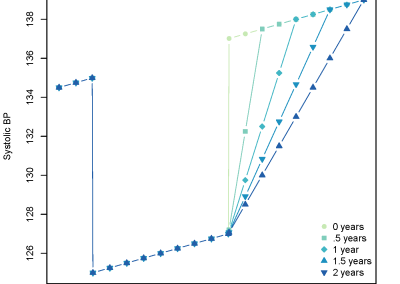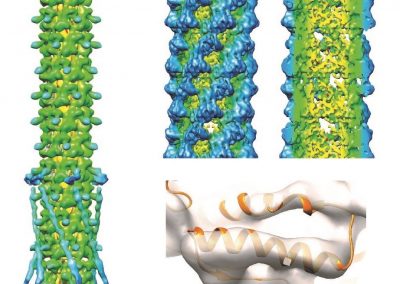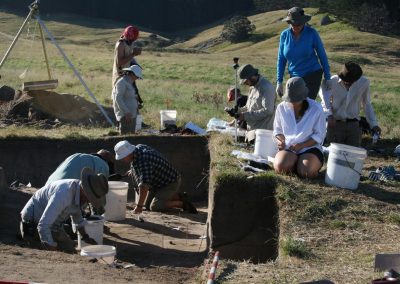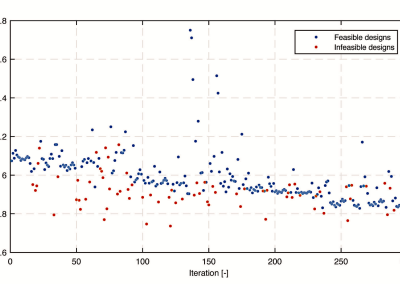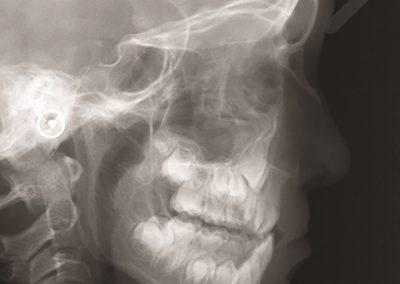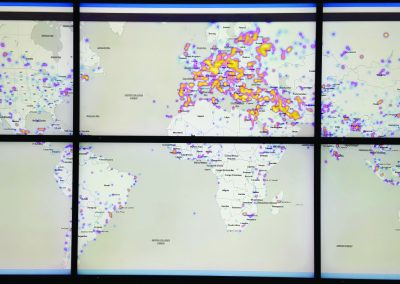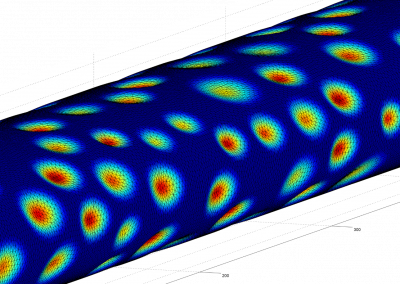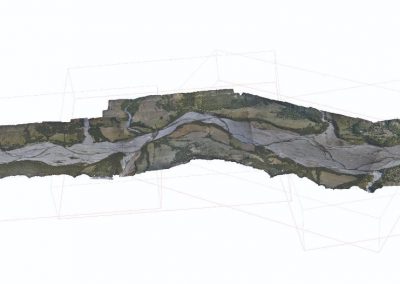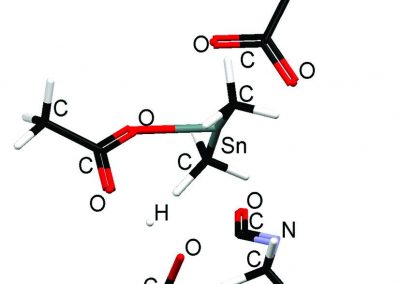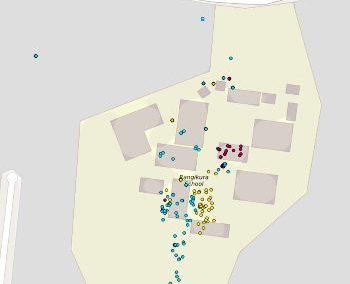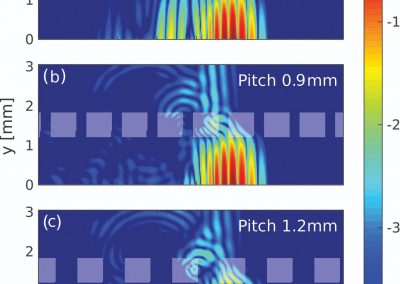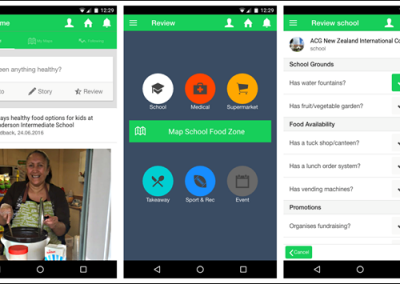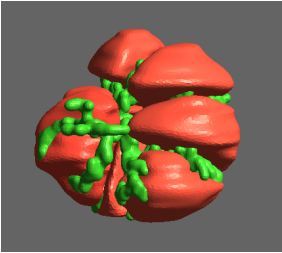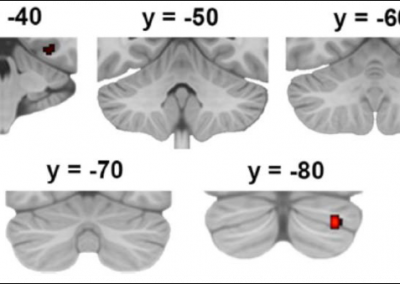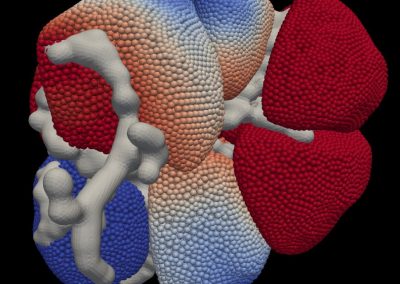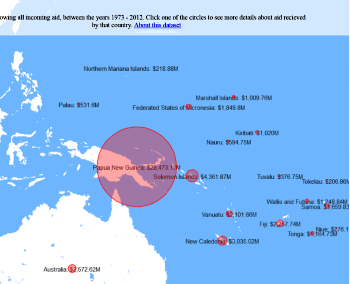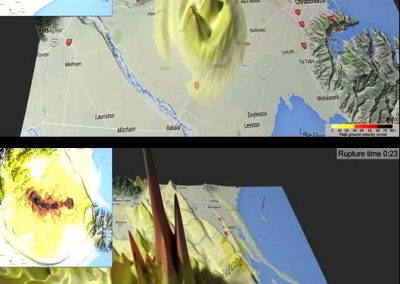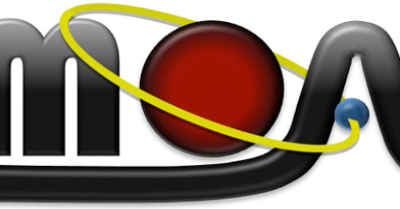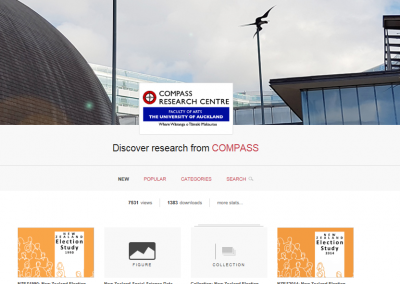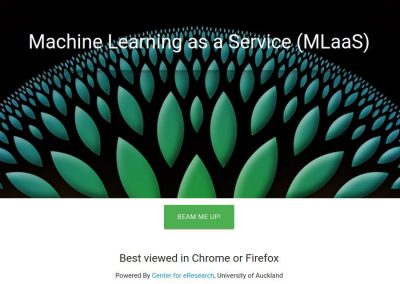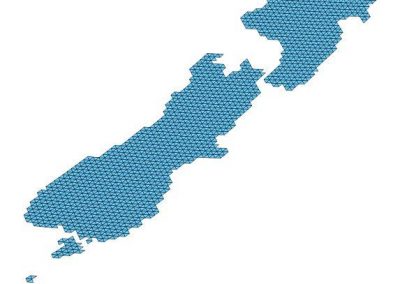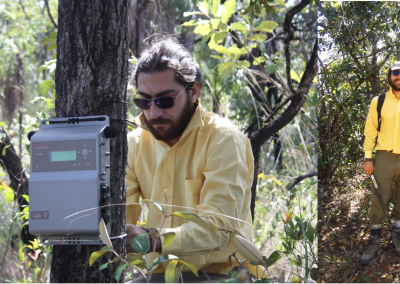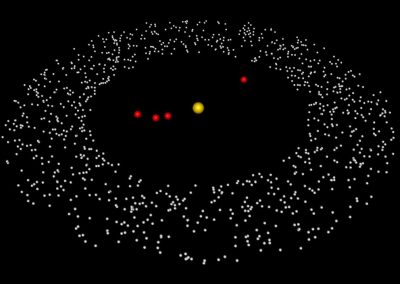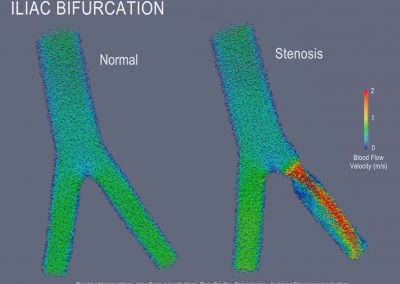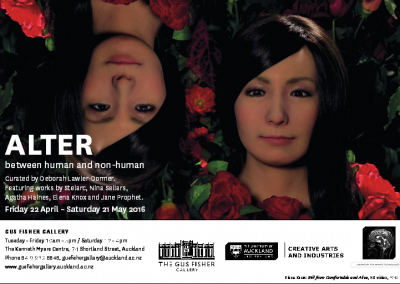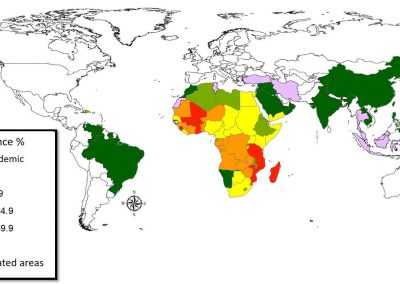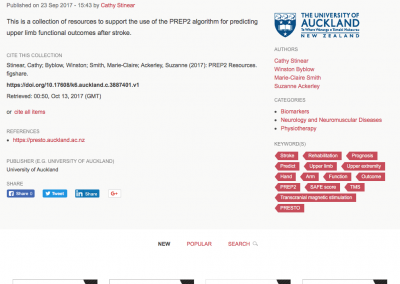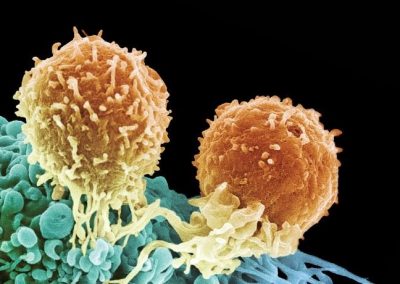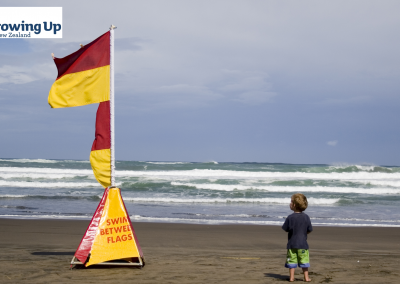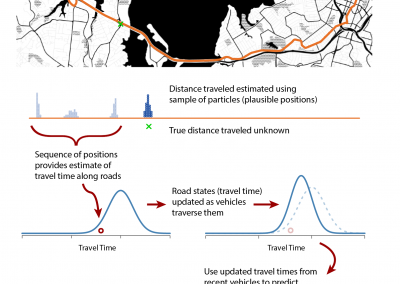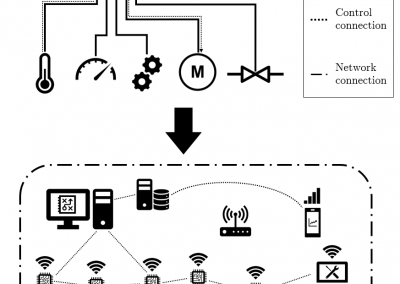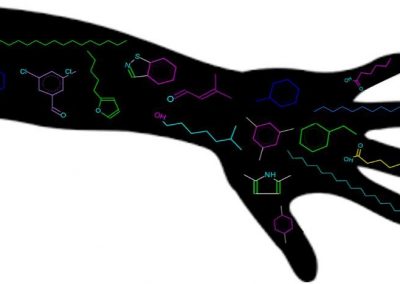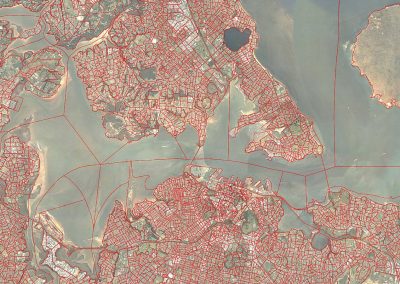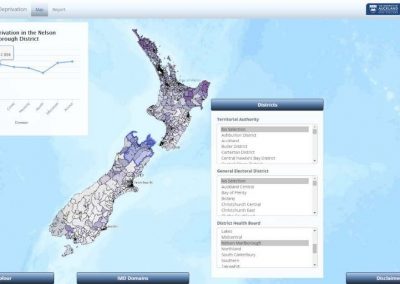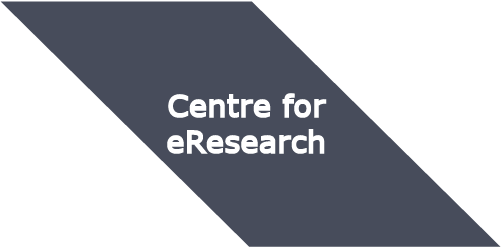
Data maturity project in High-Value Nutrition (Phase 1), National Science Challenge
Dr Dharani Sontam, Yvette Wharton, and Prof. Mark Gahegan, Centre for eResearch; Dr Simmon Hofstetter, Prof. Richard Mithen, and Joanne Todd, High Value Nutrition, National Science Challenge.
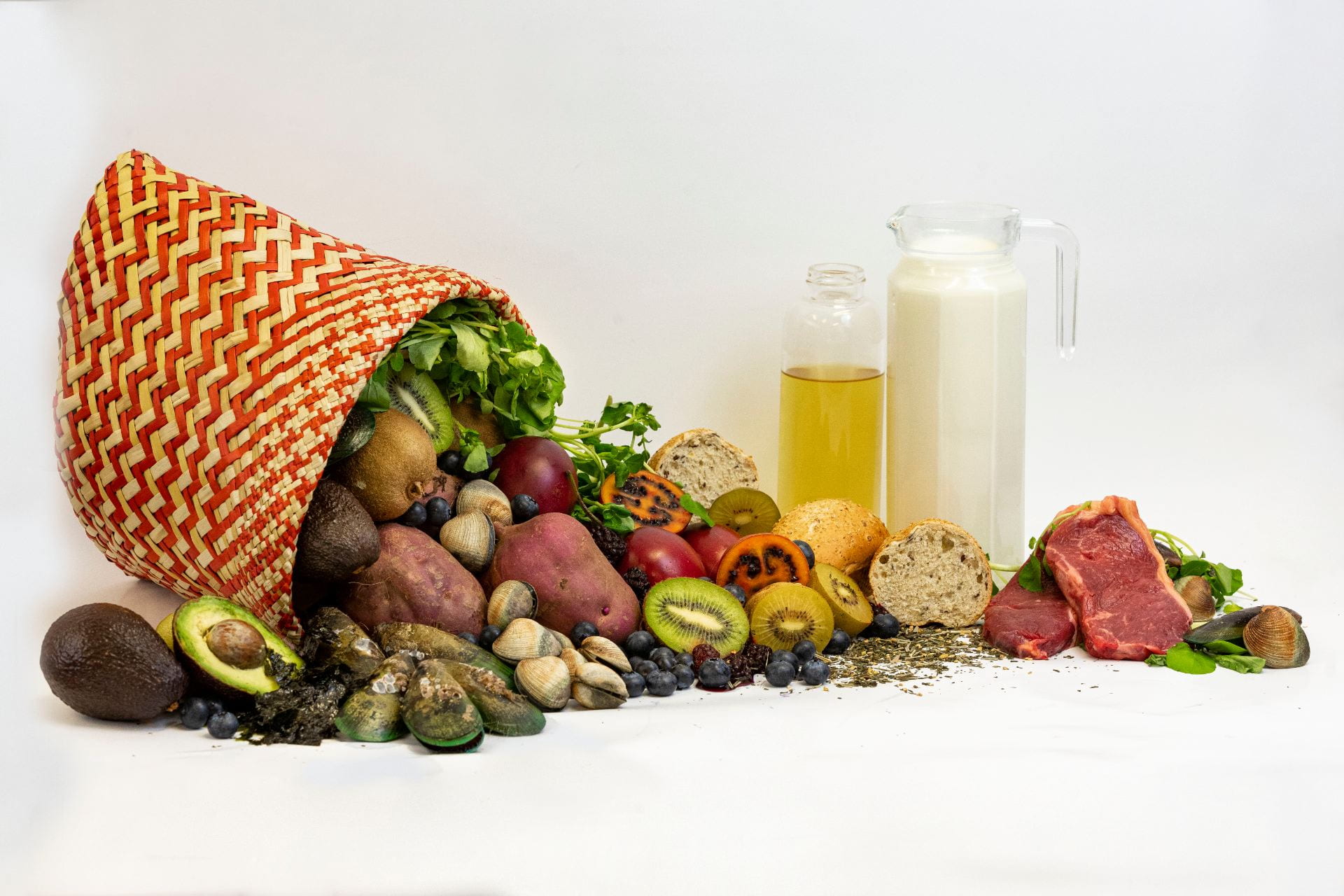
About High Value Nutrition Ko Ngā Kai Whai Painga
High-Value Nutrition Ko Ngā Kai Whai Painga (HVN) is a New Zealand National Science Challenge with the vision to grow New Zealand food and beverage export revenue through international leadership in the science of food and health relationships. It is one of 11 national science challenges established in 2014 by the Ministry of Business, Innovation and Enterprise (MBIE) to tackle New Zealand’s biggest issues and opportunities. The Challenge’s vision will be achieved through building multi-disciplinary teams to create new platforms, capability and collaborations. A fully integrated programme with a shared conceptual and practical approach is central to HVN’s science strategy. In 2019, the Challenge entered its second phase, which is planned to run to 2024.
Drivers for data maturity
The success of HVN in Tranche two and beyond is reliant on an effective data management strategy. As such, HVN approached the Centre for eResearch (CeR) at the University of Auckland in May 2019 to run a data management planning and maturity modelling workshop for the extended science leadership team (SLT). The leadership team identified the need for improving the maturity level within HVN to fully enable the success of HVN strategy. Following the workshop, the Challenge engaged CeR to support the development and implementation of a data management maturity analysis and prioritised roadmap. A dedicated data management consultant was recruited for the project.
Methodology
A situational analysis was undertaken of the existing data collection and management practices of the research teams and their host organisations for HVN. The situation analysis included a desktop review, data maturity survey, an online research data management survey and follow-up in-depth interviews with researchers and research support staff. Data gathered from the surveys and interviews was used to map the current maturity level within HVN using the data maturity model (DMM) framework.
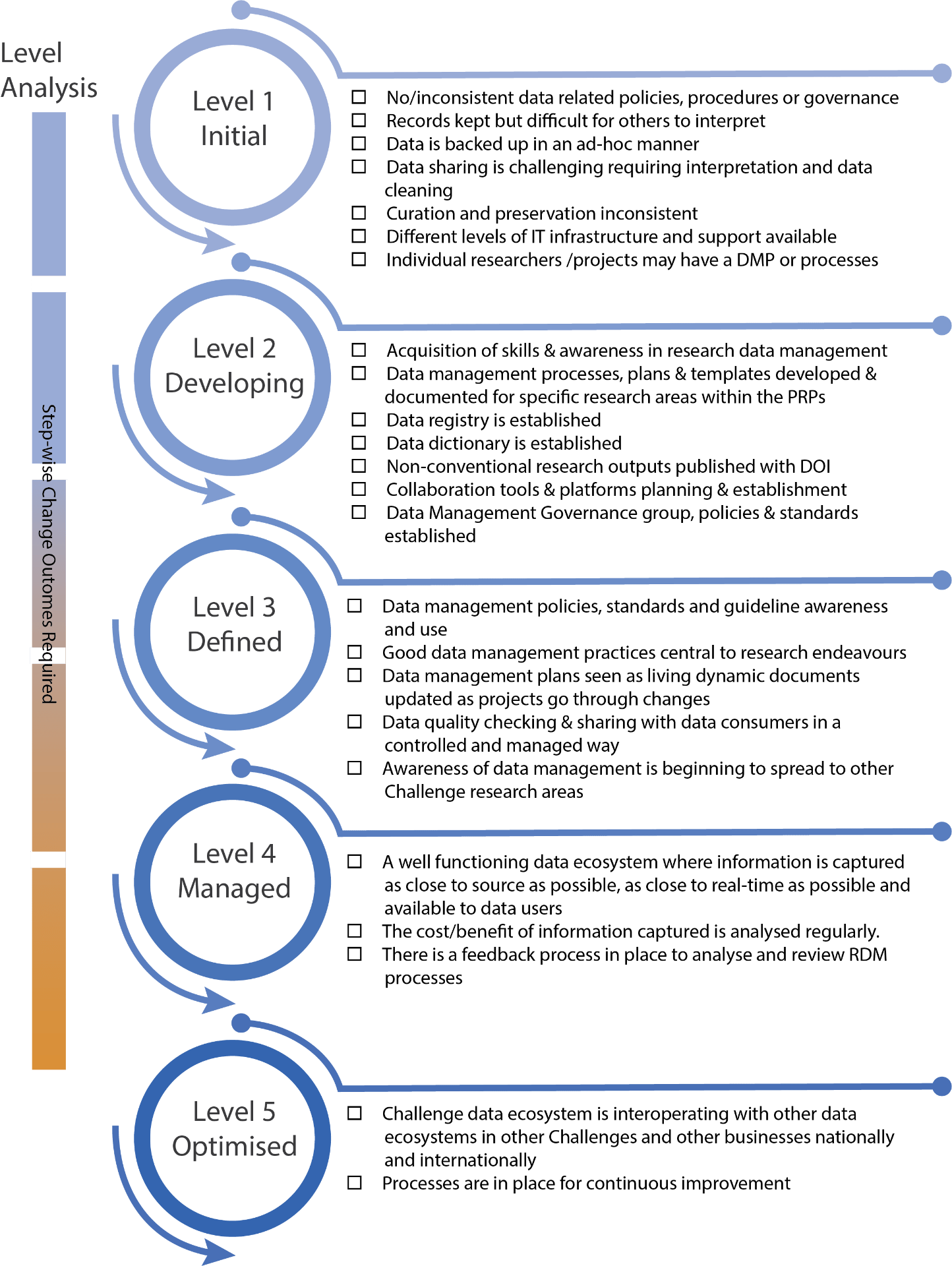
Outcomes
We identified areas of opportunities that could be targeted to realise the level of data integration envisaged in the Challenge strategy documents. Our findings were presented to the directorate. Their feedback and data goals for the Challenge were incorporated into the design of three options – minimal, optimal and ambitious, that outline a series of steps to transform RDM practices in the Challenge. The options were designed to be incremental in scope with the “ambitious” option requiring the greatest time, effort and funding but also delivering the most comprehensive roadmap to achieve the desired data maturity. We proposed that a balanced approach that keeps in mind the significant time and effort that an endeavor such as this requires, and at the same time delivers key Challenge data goals.
Next steps
We are streamlining RDM processes starting with one priority research programme (PRP) within HVN. This PRP will be utilised as a pilot group to introduce and standardise RDM. Successful processes will then be extended to other PRPs in an iterative manner. We also aim to outline further steps in HVN’s research data management and the data maturity roadmap for the Challenge that enables it to achieve its data goals for tranche two.
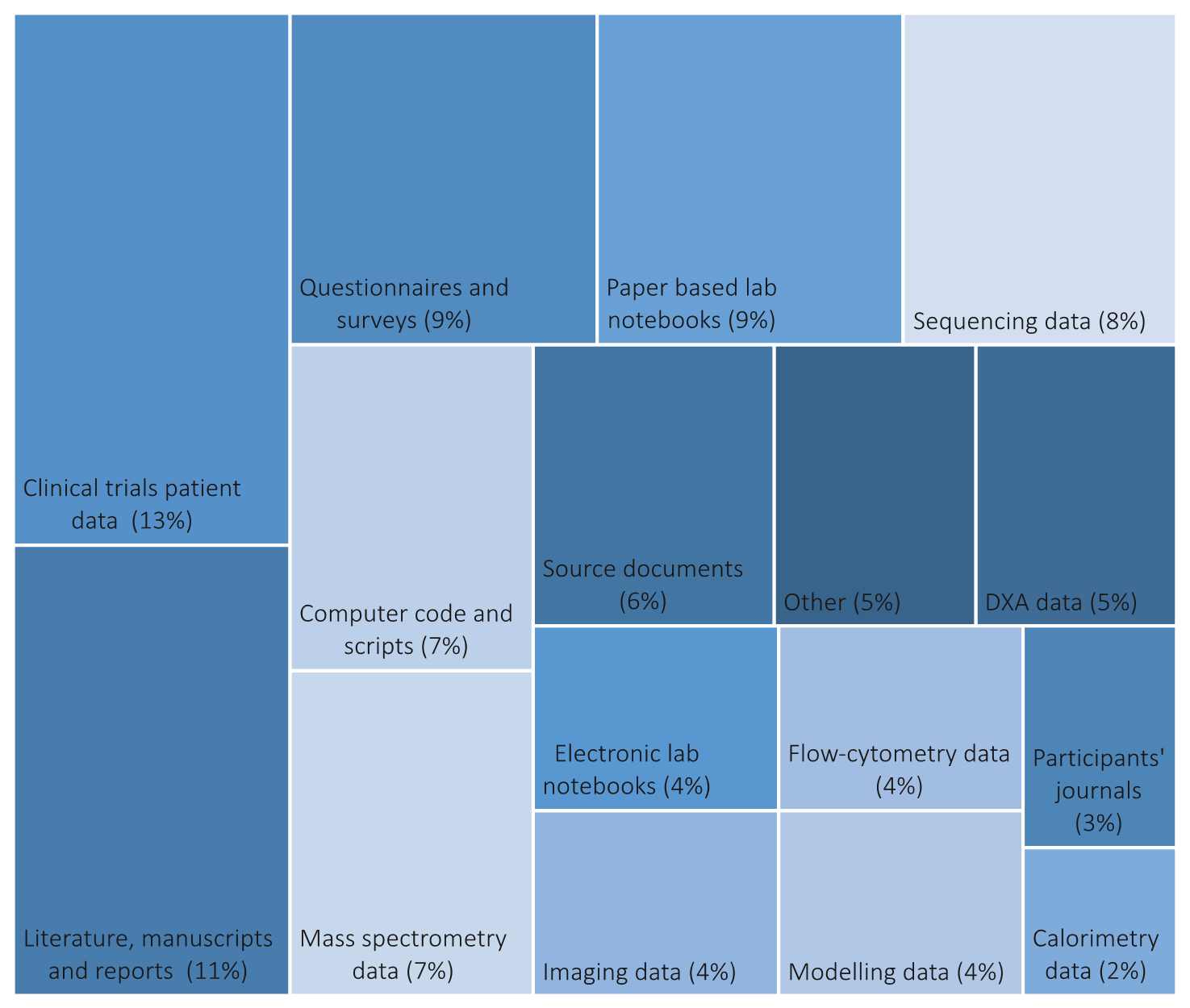
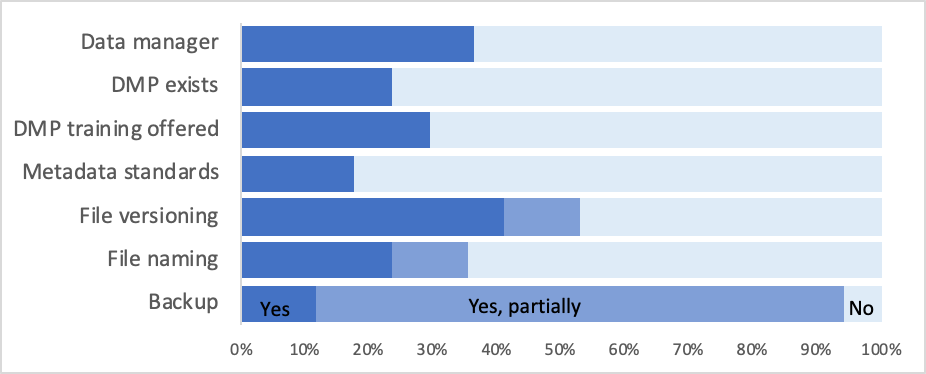
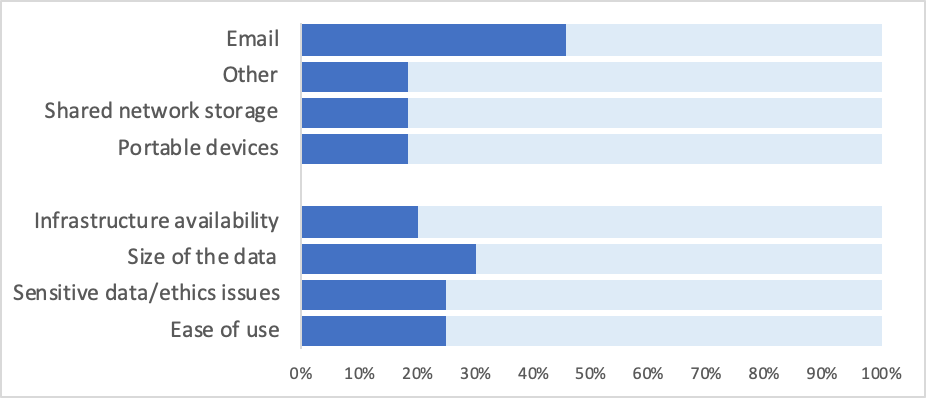
See more case study projects

Our Voices: using innovative techniques to collect, analyse and amplify the lived experiences of young people in Aotearoa
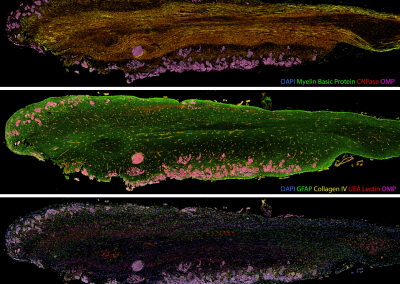
Painting the brain: multiplexed tissue labelling of human brain tissue to facilitate discoveries in neuroanatomy
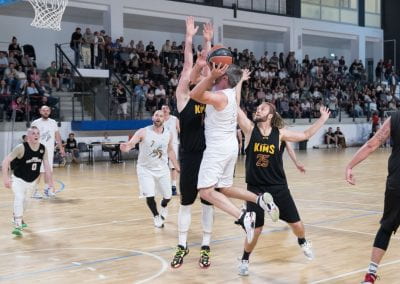
Detecting anomalous matches in professional sports: a novel approach using advanced anomaly detection techniques

Benefits of linking routine medical records to the GUiNZ longitudinal birth cohort: Childhood injury predictors
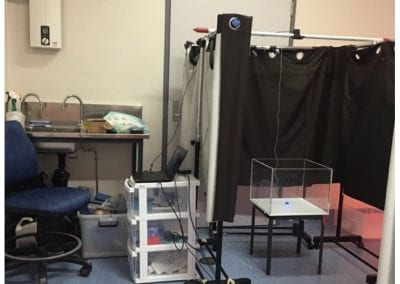
Using a virtual machine-based machine learning algorithm to obtain comprehensive behavioural information in an in vivo Alzheimer’s disease model
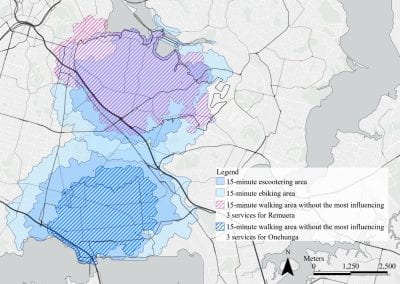
Mapping livability: the “15-minute city” concept for car-dependent districts in Auckland, New Zealand
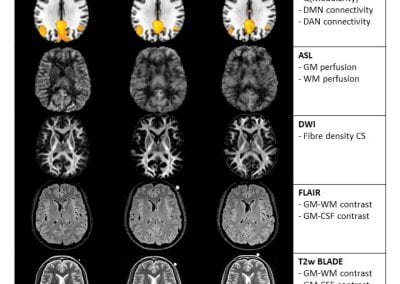
Travelling Heads – Measuring Reproducibility and Repeatability of Magnetic Resonance Imaging in Dementia
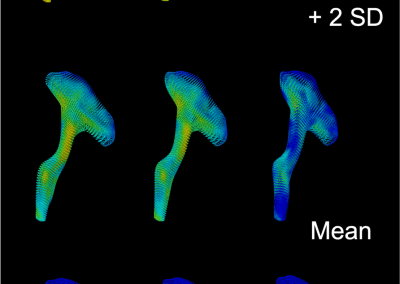
Novel Subject-Specific Method of Visualising Group Differences from Multiple DTI Metrics without Averaging

Re-assess urban spaces under COVID-19 impact: sensing Auckland social ‘hotspots’ with mobile location data
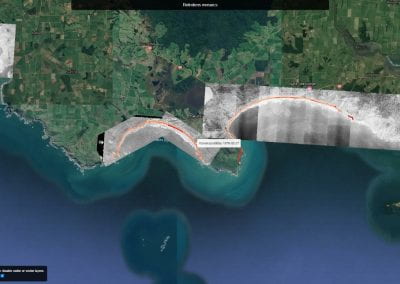
Aotearoa New Zealand’s changing coastline – Resilience to Nature’s Challenges (National Science Challenge)
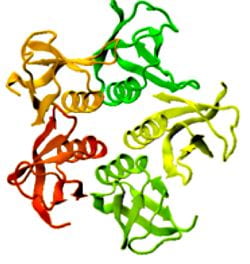
Proteins under a computational microscope: designing in-silico strategies to understand and develop molecular functionalities in Life Sciences and Engineering
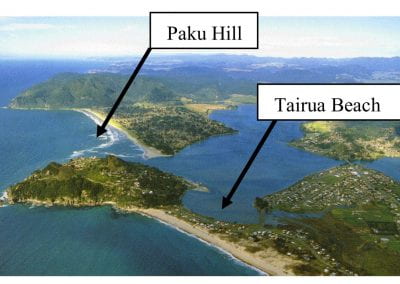
Coastal image classification and nalysis based on convolutional neural betworks and pattern recognition
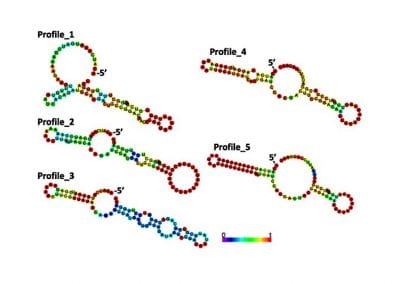
Determinants of translation efficiency in the evolutionarily-divergent protist Trichomonas vaginalis
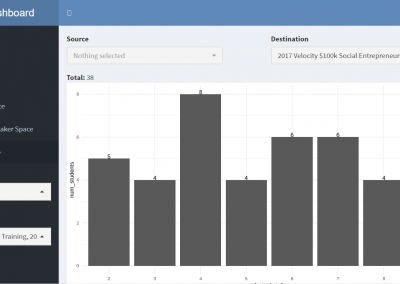
Measuring impact of entrepreneurship activities on students’ mindset, capabilities and entrepreneurial intentions

Using Zebra Finch data and deep learning classification to identify individual bird calls from audio recordings
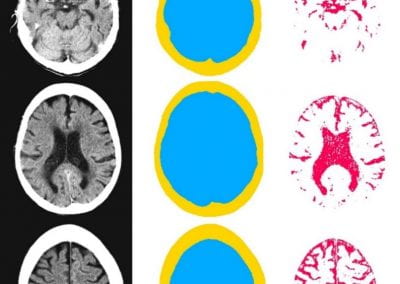
Automated measurement of intracranial cerebrospinal fluid volume and outcome after endovascular thrombectomy for ischemic stroke
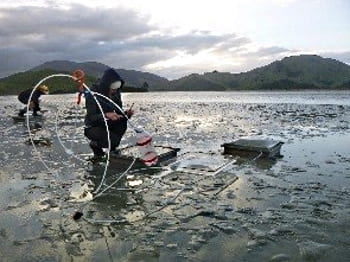
Using simple models to explore complex dynamics: A case study of macomona liliana (wedge-shell) and nutrient variations
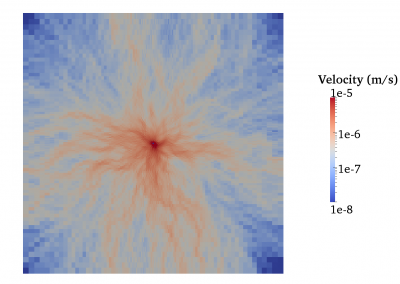
Fully coupled thermo-hydro-mechanical modelling of permeability enhancement by the finite element method
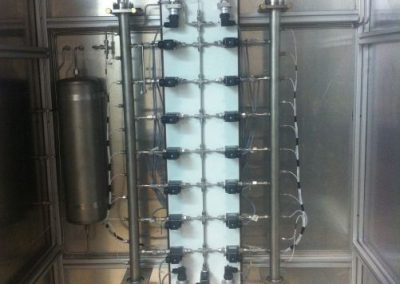
Modelling dual reflux pressure swing adsorption (DR-PSA) units for gas separation in natural gas processing
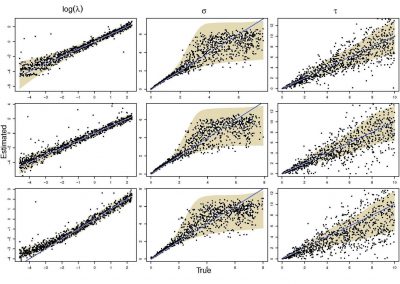
Molecular phylogenetics uses genetic data to reconstruct the evolutionary history of individuals, populations or species
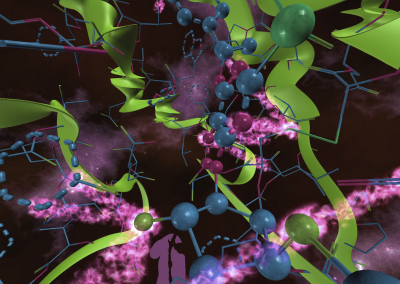
Wandering around the molecular landscape: embracing virtual reality as a research showcasing outreach and teaching tool














